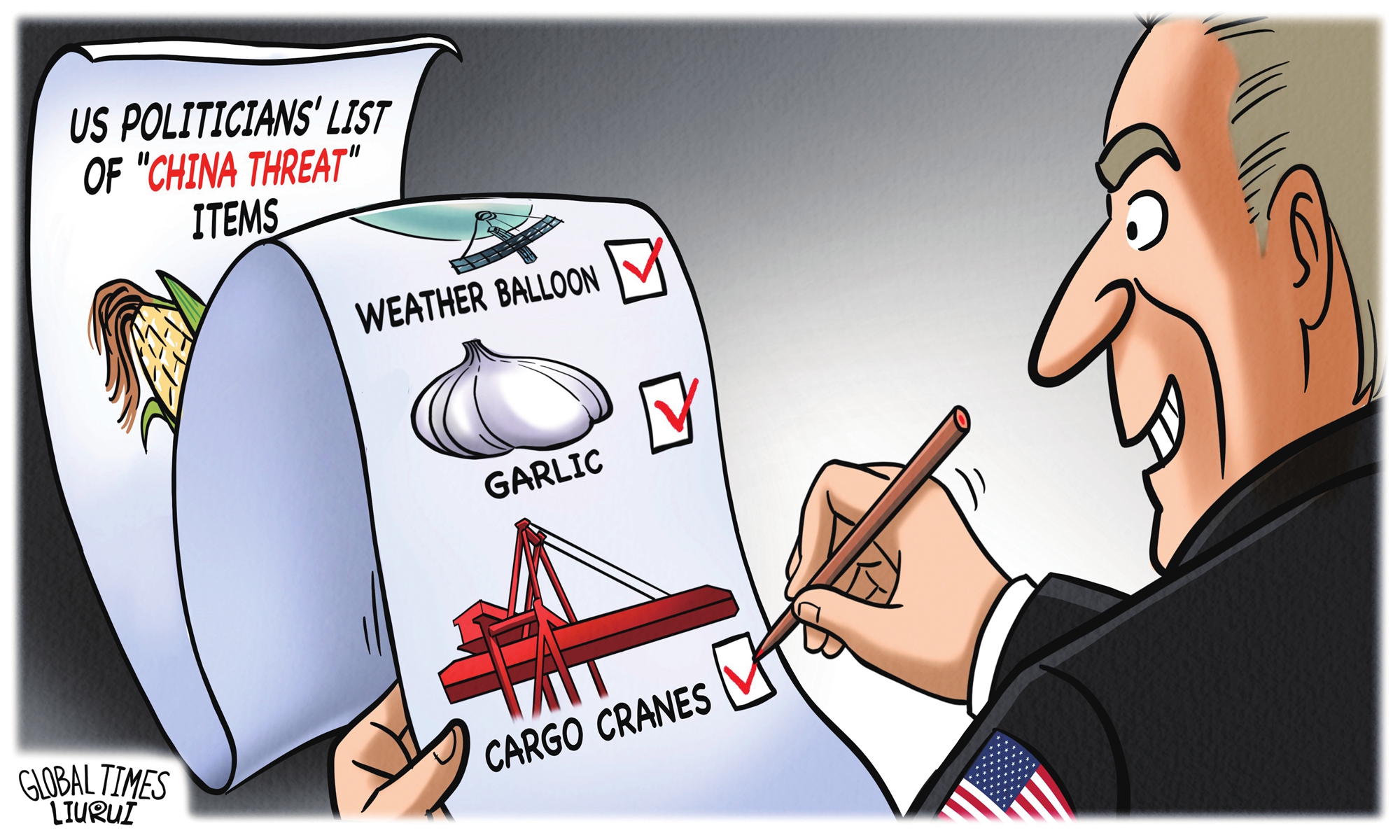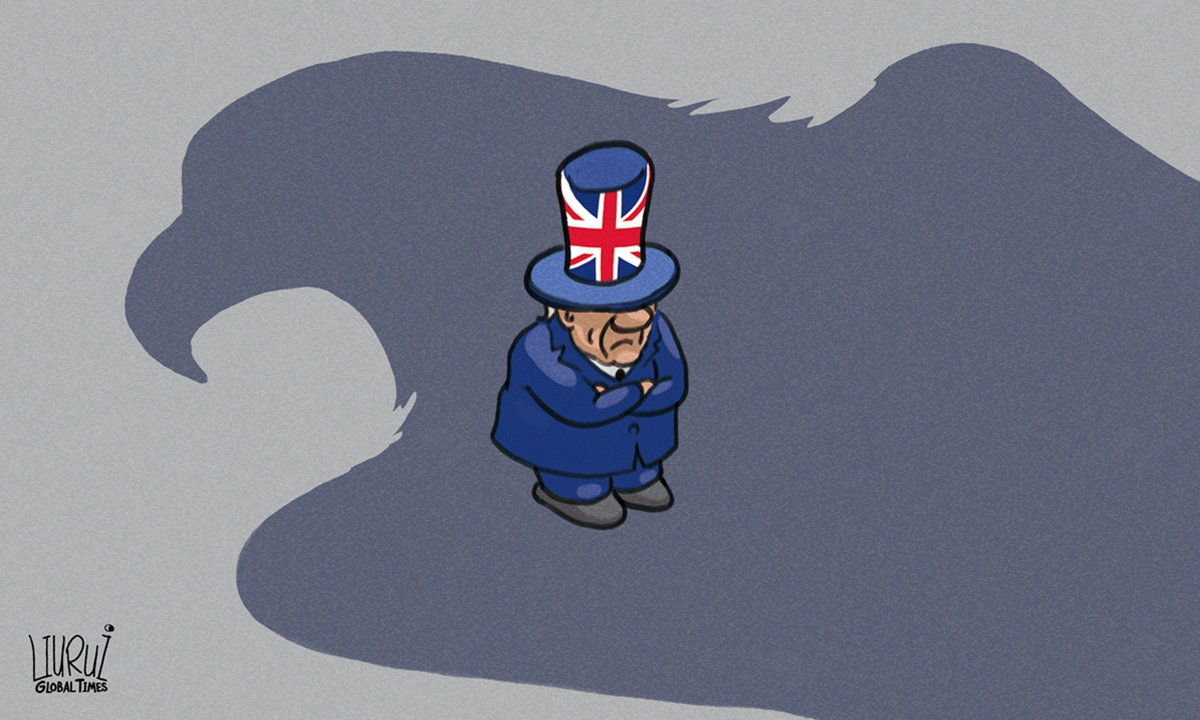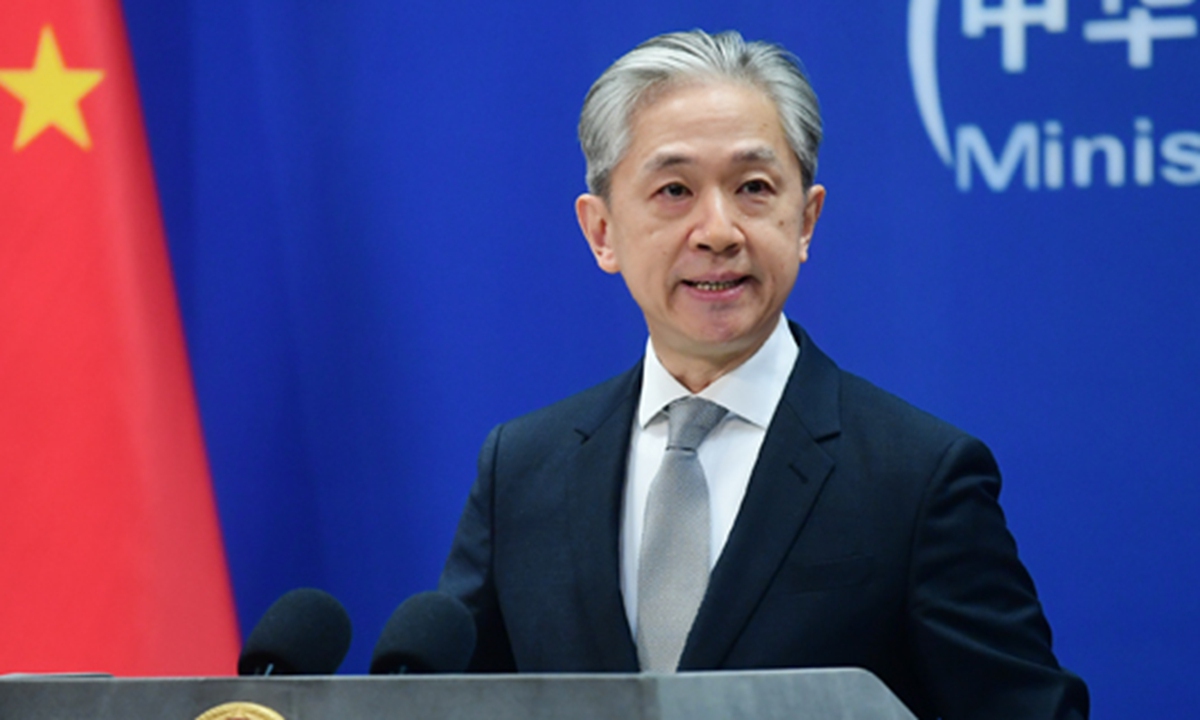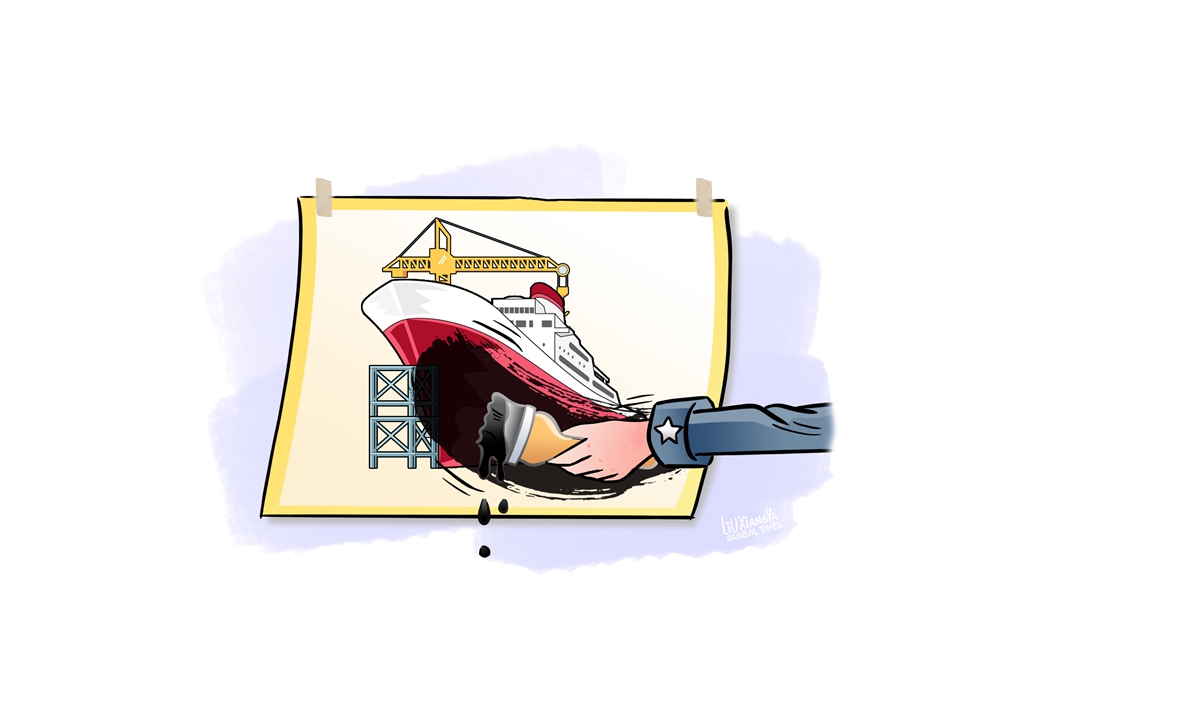
Illustration: Liu Rui/GT
After the hype surrounding Chinese-owned corn mills and China's garlic as threats, cranes have become the latest target of the US' speculation regarding national security. US elites seem to be fixated on anything that could be perceived as a "China threat."On Wednesday, the Biden administration announced a plan to invest billions in domestic manufacturing of cargo cranes, citing concerns that Chinese-made cranes could "pose a potential national-security risk."
This argument is the usual tactic adopted by certain US politicians to push their own political agendas through the imaginary China threat. National security has become a ready-to-use stick to restrict any Chinese product as they like. These different versions of the "China threat," devoid of common sense and evidence, clearly reflect how ignorant and paranoid some US politicians are.
As early as 2023, the Wall Street Journal called the Chinese-made cranes a "Trojan horse." But the American Association of Port Authorities (AAPA) clarified in a statement that "there have been no known security breaches as the result of any cranes at US ports, despite alarmist media reports."
Groundless accusations should have been laughed away, but the problem is that such phenomena appear one after another, showing bare hostility. From corn mills to cranes, it seems that whenever the US wants to target a Chinese-made product, it will be covered in the coat of national security. Does the US use the "national security" excuse as they have nothing negative to say about Chinese products?
It is exactly because of this pan-security tendency in the US on China-related issues that any case could be linked to security, without hard facts or proof. This provides the soil for absurd accusations about China, and offers a stage for many anti-China politicians.
Impressively, the arrival of four Neo-Panamax container cranes from China in 2021 was welcomed and praised by the Maryland officials. Chinese-made cranes have played an important role in the development of US ports. According to US senior administration officials, 80 percent of ship-to-shore cranes moving trade at US ports are manufactured in China. This fully proves that Chinese-made cranes have superior performance and market competitiveness.
From any point of view, this is a win-win cooperation. If it "would be the first time in 30 years" for the US to build domestic cargo-crane production, as US officials said, this means that the US would be wasting taxpayers' money on something completely unnecessary. In this process, economic laws and free-market principles have been squeezed step by step into a corner by politics and so-called national security, while normal investment and cooperation have been hindered by such abnormal means. Although the so-called reasons of the US for replacing the Chinese-made cranes are obviously far-fetched and alarmist, some forces still choose to be selectively blind amid the intense hostility toward China within the US.
Lü Xiang, a research fellow at the Chinese Academy of Social Sciences, told the Global Times that the fundamental purpose of the US plan to replace Chinese-made cranes is twofold. The first purpose is to discredit China and play psychological warfare with China. The second, it is taken as an opportunity to pave the US' way for more protectionist measures in a wider range of areas.
We must recognize that the China-US cooperation projects in various fields have brought benefits for both countries. However, the US' hyping of the so-called China threat due to unilateral factors and domestic political considerations is seeking temporary political gains regardless of the consequences, ultimately undermining the interests of both countries. "Then who will benefit in the end? It may be none other than those US political elites who tend to intensify the 'China threat' theory for personal political interests," said Diao Daming, a professor at the Renmin University of China in Beijing.
From accusations of China's IT equipment, electric vehicles, to Chinese-made cranes, the "China threat" bubble made by the US politicians has become bigger and bigger. Meanwhile, their real intention, to curb China's development under the guise of national security, is also increasingly exposed. What is the next "China threat?" Perhaps it is not far from the time when China's exports of shirts and socks are considered a threat.



